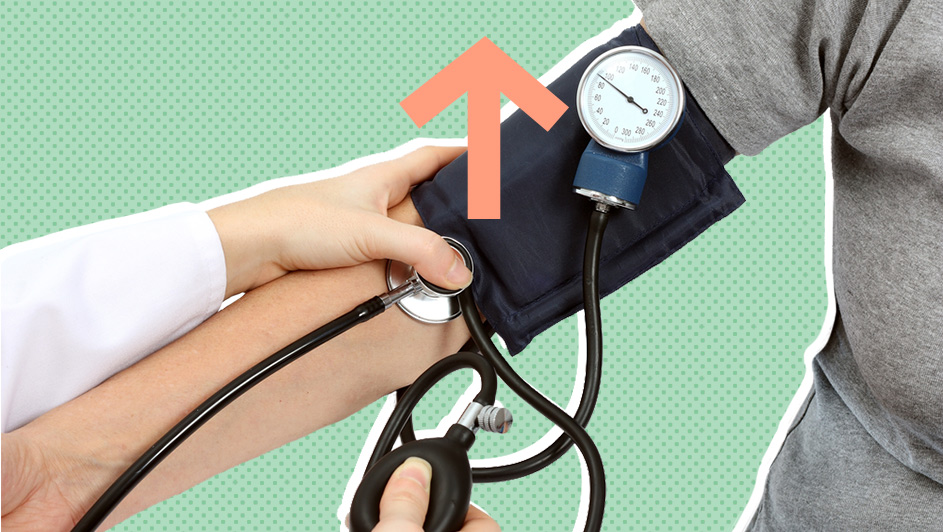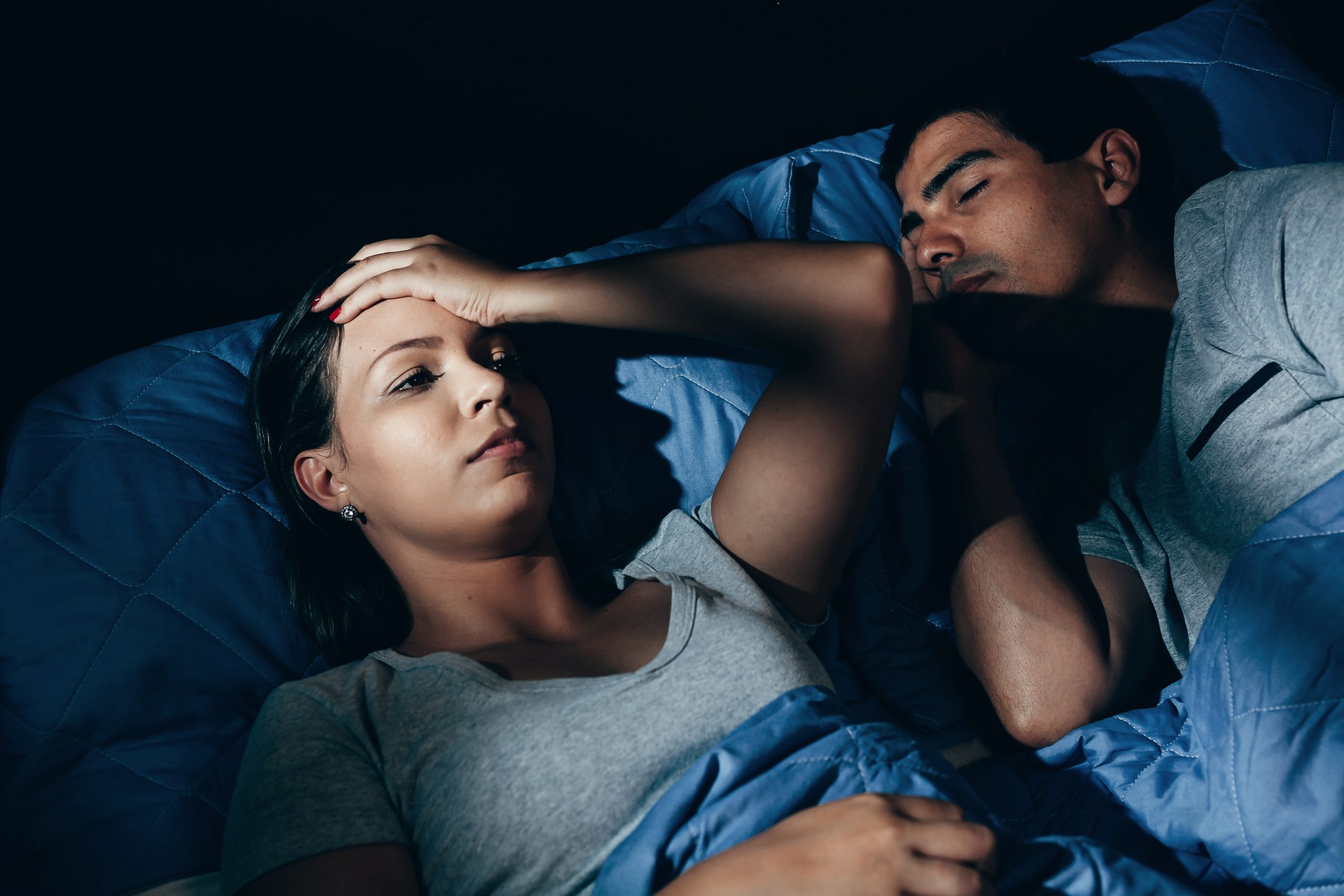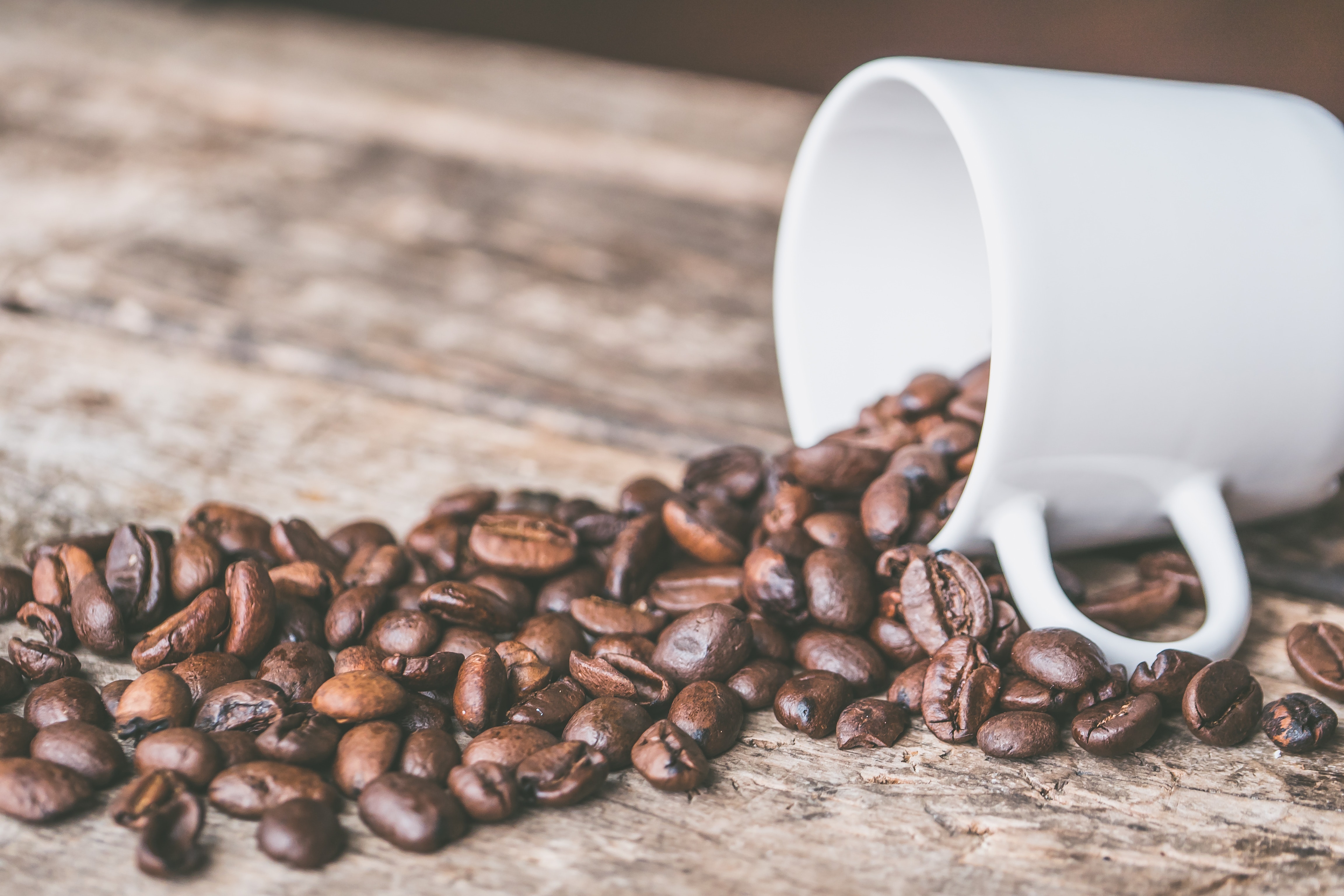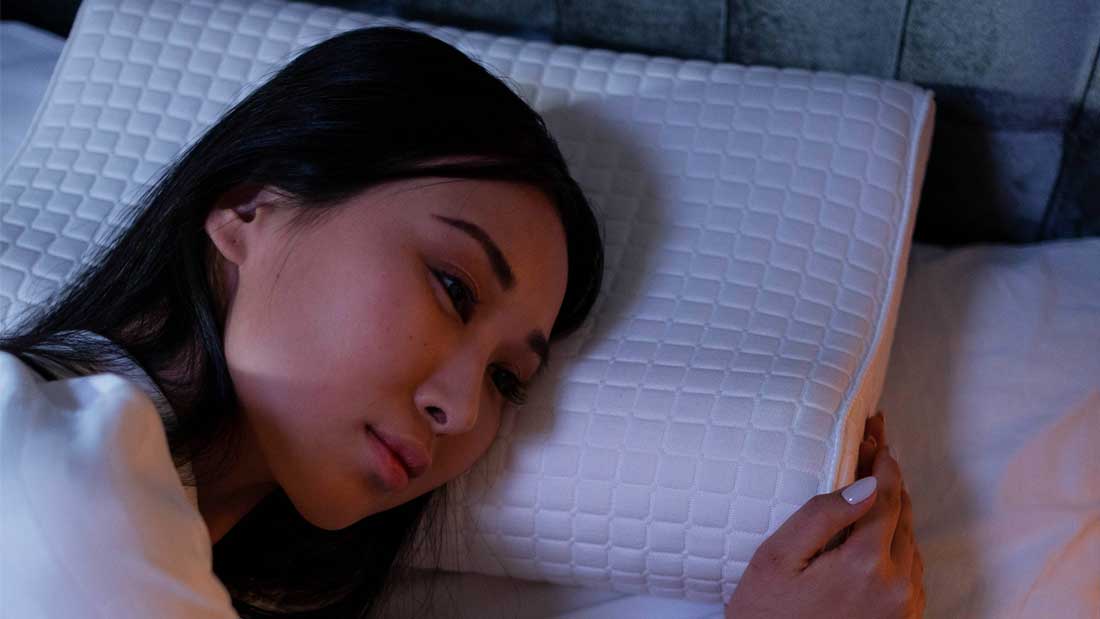
Doctors in multiple fields have been pushing patients in recent years to not “ignore the snore…” That is, if you have an issue with snoring, it could mean something is going on with your health worth exploring. In some cases, that something is sleep issues. The American Heart Association Journal and Nature Portfolio Journal analyzed data from over 2 million nights of sleep and found that regular snoring and irregular sleep may be significant risk factors for hypertension, also known as high blood pressure. (1, 2) In fact, insomnia can increase the risk of hypertension by 21 percent, research shows. Even our nap schedules might impact our blood pressure, other studies show.
Withings, a smart health monitoring device company, was a partner on the research, which analyzed over 12,000 patients using their connected sleep and blood pressure monitors. The company issued data on the cities with the highest percentage of blood pressure monitoring users with hypertension, as follows:
· Morristown (NJ:) 72%
· Euless (TX): 70%
· Memphis (TN): 68%
· Pompano Beach (FL): 67%
· Baton Rouge (LA): 67%
· Norfolk (VA): 67%
· Charlotte (NC): 66%
· St Louis (MO): 66%
· Nashville (TN): 65%
· Elmhurst (IL): 65%
Notably, multiple Southern and Midwestern states made the list, though a New Jersey town topped the charts for hypertension concerns, which can impact sleep. By contrast, other research shows the top four cities where people sleep the best are all in California.
Known as the silent killer, according to the Centers for Disease Control (CDC), hypertension affects approximately 116 million people — nearly half the population. It is one of the leading causes of death and is largely undiagnosed. Stroke is one of many resulting and dangerous issues hypertension can lead to.
There are two levels of high blood pressure, Mayo Clinic reports, including:
Stage 1 hypertension. A top number of a blood pressure reading that is 130 to 139 mm Hg or the bottom number is between 80 and 89 mm Hg.
Stage 2 hypertension. The top number is 140 mm Hg or higher or the bottom number is 90 mm Hg or higher.
They also specify that blood pressure higher than 180/120 mm Hg is considered a “hypertensive emergency or crisis.” They recommend seeking emergency medical help for anyone with these blood pressure numbers.
In addition, healthy people over 18 should have their blood pressure checked every two years at least. You can prevent hypertension in some cases through lifestyle, including exercise and healthy diet, and avoiding or quitting smoking. However some people still need medicine to control hypertension even with those changes.
People with suspected hypertension should watch for three tell tale signs: nosebleeds, shortness of breath, and headaches. However, for many, these symptoms don’t show up unless your blood pressure is dangerously high. By contrast, some people have high blood pressure for years without symptoms, so regular checkups are essential.
Finally, anyone with sleep concerns should consider having regular blood pressure checks, as the two work together — for better or worse.

Are Naps Bad For You? Study Links High Blood Pressure, Stroke Risk to Daytime Snoozing

Research Finds That Even Quiet, Mild Snoring Could Be a Sign of a Significant Health Issue

The Relationship Between Caffeine and Sleep

This Significant New Study Draws a Direct Link Between Lack of Sleep and High Blood Pressure
Sources
1. Hannah Scott, Bastien Lechat, Alisha Guyett, Amy C. Reynolds, Nicole Lovato, Ganesh Naik, Sarah Appleton, Robert Adams, Pierre Escourrou, Peter Catcheside and Danny J. Eckert; “Sleep Irregularity Is Associated With Hypertension: Findings From Over 2 Million Nights With a Large Global Population Sample,” AHA Journals; https://www.ahajournals.org/doi/10.1161/HYPERTENSIONAHA.122.20513; March 28, 2023.
2. Lechat, B., Naik, G., Appleton, S. et al. Regular snoring is associated with uncontrolled hypertension. npj Digit. Med. 7, 38 (2024). https://doi.org/10.1038/s41746-024-01026-7